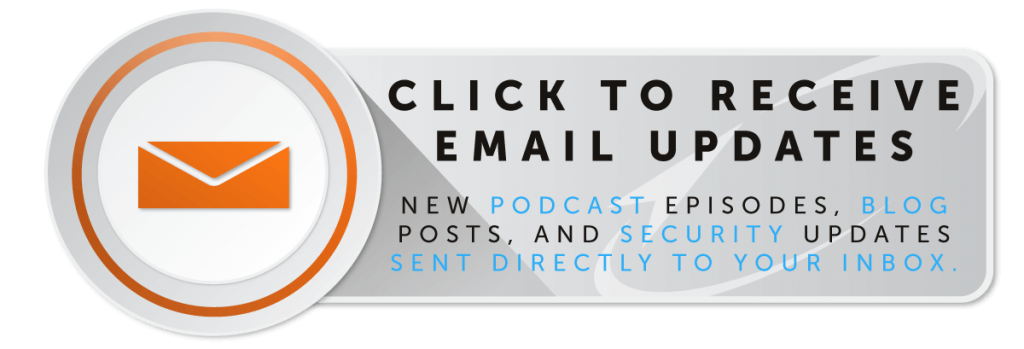Questions You Need to Ask Before Selecting a New Software Solution

So, you’ve identified a need for a new software solution. Whether you’re replacing an old one or adding to your technology stack, finding the right one can be a lengthy and arduous process. You want to make the right choice the first time.
To help guide you along the journey, here are the questions you need to be answered to be confident in your decision.
What is the solution’s compatibility with your other systems?
If you’re using other systems the software must interact with, or if you’re using a newer operating system, you may need to check compatibility. Some software solutions need to run on an older operating system which may leave you open to security vulnerabilities.
You may also find that other users have experienced bugs because a software solution doesn’t run smoothly when other software is in use. Check through compatibility requirements and errors before making a purchasing decision.
Also, make sure your system meets the requirements for the software. You may need more processing capability than your current machine has in order to run some software efficiently.
Are there pre-built integrations?
You don’t just want new software that can work next to your current solutions; you want a software that can truly work with them. Check into each solution’s list of available application programming interfaces (APIs) that serve as bridges between programs.
If you do see available APIs for your other tools, look into the reviews. Do they work well? Are they buggy? Are they kept up to date along with the software?
All of these are additional elements as you consider your final decision.
What are the previous bugs and client complaints?
Look into the update logs and client reviews to see how previous issues have been resolved (or if they haven’t). You don’t want to switch from one insufficient software to another.
Research reviews on trusted industry sites; don’t just rely on the reviews from the software company’s website.
What would others recommend?
Even better than checking out reviews online, ask colleagues and other peers what they would recommend! You may find the software solution you’ve been eying doesn’t have a user-friendly interface or that another solution you passed over actually has a really great support team that is quick to respond and resolve issues.
How is the software’s support?
Does the software come with a dedicated support team? Do you have to subscribe to a specific level to get support or to get support priority?
These are great questions to ask in forums of people who have used the tool already or to ask people you know who have used it.
Also, look into the available ways to contact support and their availability. Some software packages come with email-only support, and others have online chat, phone, and email available for you.
If you’re not okay with waiting eight hours or more for a response on an important issue, you may need to go with a software that has 24/7 support available.
What are the terms of the contract?
Before purchasing, look at the terms. In the age of cloud services, many software packages are now on a subscription basis, and you may have to pay that same price again next year to keep the application updated. Is it evergreen? Is it on your premises or in the cloud?
Does it resolve all the problems you have with your current solution, or will you be switching to another problematic software?
It can be easy to get wrapped up in a whole host of cool new features with a nice interface. But if your new software doesn’t fully address your needs, you’re going to end up shopping again, or you’ll end up suffering through another insufficient application.
Don’t be afraid to reach out to software representatives to ask specific questions about their product’s offering. They’ll be happy to fill you in on the details. And if you’re not comfortable reaching out yourself (maybe you don’t want to screen through the follow-up sales calls), your IT partner should be willing to reach out to solutions providers for you and make recommendations.

Related Posts
Subscribe to Rocket IT's Newsletter
Stay up to date on trending technology news and important updates.

Find out if Rocket IT is the right partner for your team
Claim a free consultation with a technology expert.











